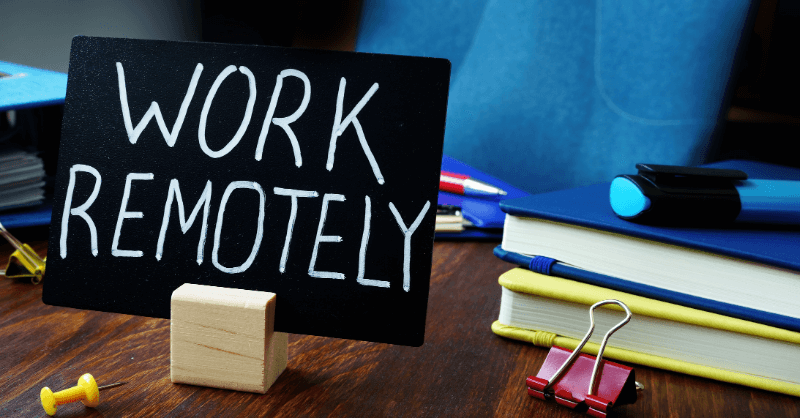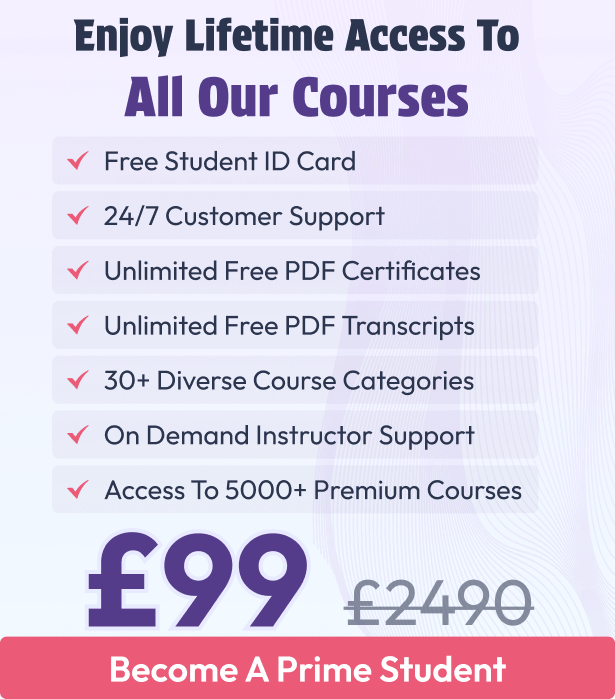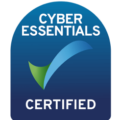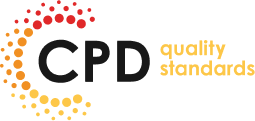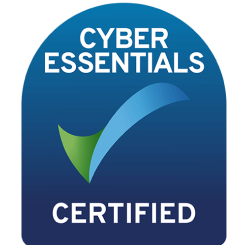A personal statement is among the most crucial documents in any application, whether for college, residency, or a job in some cases. It is a document students need to understand how to write properly to improve the strength of their application. It is not an easy task, and many students turn to searching for a free essay website that can guarantee a good essay. This text aims to help you understand what it is, its benefits, and how to create a good one.
But what is a personal statement? A personal statement is a form of essay where you are the main subject. It is where a writer showcases their personality, goals, and notable achievements for an employer or academic screening committee.
Why Is Your Personal Statement So Important?
Your personal statement could be the difference between being accepted or rejected, but why is that so? Think about your application; all the other documents you will submit are either your academic proofs or identification documents. Even your resume only highlights the basic information the screening committee needs about you.
So, by making you compose a personal statement, the panel gets to learn more about who you are. You can write about your interests, motivations, experiences, values, hobbies, achievements, and many other personal things. So, when the screening committee members review your personal statement, they will have a good idea of who you are and whether you are a right fit for the program or job.
A personal statement can also demonstrate a student’s writing skills and ability to follow instructions by answering the prompt. Thus, when done correctly, it makes you a suitable candidate for the course.
What Are Some of the Benefits of a Personal Statement?
A personal statement carries several benefits to your application, which is why students are encouraged to take some time to write a good one. Let’s explore them.
It Helps You Stand Out
Think about all the other contenders you’re competing against. Most of them will have similar qualifications to consider applying to the same institution or program as you. Thus, writing a great personal statement helps you stand out and improves your chances of getting in.
Opportunity to Express Your Unique Experiences and Perspective
Every student goes through unique individual experiences. Therefore, your personal statement allows you to talk about them and show how they have added value to your life and will make you a better candidate.
It Can Help Show Your Enthusiasm
Your level of interest in a college or a program matters greatly, and a personal statement is your best chance to express your interest. You get the chance to explain why you want to join and why you are a good fit.
Addresses Any Weaknesses in Your Application
If there’s a chance your application has some weaknesses or questionable sections, then your personal essay is where you address it. Not every student’s path is standard, and some will abandon a program somewhere along the way or maybe take a year off learning. These and other possible issues might raise eyebrows while the committee assesses your application. So addressing them and explaining what you’ve learned helps clear up things.
Provides a Better Account of Attainments and Goals
A personal statement lets you elucidate your accomplishments and show how they relate to you being a better student. It also lets you explain your goals and how you aim to attain them.
Best Practices for Creating an Impactful Personal Statement
Creating a personal statement can be challenging because you have much to express in a few words. Some individuals struggle to decide how to begin, while others don’t usually know what to include. You can overcome these challenges through proper preparation and adopting some of our useful practices. Here’re some great tips and examples to make your statement memorable and a great read.
Make the Intro Engaging
The introduction is where you provide some background information about the individual you are and what you’re pursuing. It is where you highlight why you’re interested in joining the program. The introduction dictates the tone and trajectory of your essay, so make it count. An emotional opening can help set the mood for the essay and keep the reviewers engaged in the essay.
Example: “In 2008, just before my family was about to have dinner, we discovered our cat was giving birth. She delivered six kittens but acted like more were coming. We waited for a while, but nothing happened. We took her to the vet’s office, where they helped her deliver the last two kittens via cesarean section. The vets saved her and her kittens’ life, and on that day, I vowed to become a veterinary doctor to pass it on. Since then, my love for animals has increased tremendously, and I believe a degree in your VMD program will allow me to do what I love: caring for animals.”
Be Expressive and Provide Sufficient Details
A personal statement isn’t just a highlight of attainments and goals but a story about the individual you are. Make it a good tale by providing specific details and illustrations that showcase your hobbies, interests, qualities, and skills. However, ensure the illustrations you provide are relevant to your main thesis. For instance, if you provide an example where you undertook a leadership role, explain situations where you showed noble leadership traits.
Example: “I served as the president of a student organization focused on community service during my senior year. My leadership skills played a vital role in the organization’s success. I guided and inspired the team to achieve the organization’s goals by effectively motivating, communicating, and finding solutions to challenges. This experience cemented my belief in the power of leadership and its capability to influence positive change.”
Be Honest
While creating their statements, many individuals think they need worldly accomplishments and paragraphs full of details that’ll wow the screening committee. But that’s not how it should be. You don’t need to sound perfect; just be yourself and express your strengths, weaknesses, challenges, and motivations. Furthermore, other application documents you submit should corroborate your statement, so be careful about exaggerating details.
Use Positive Language and Show Enthusiasm
Your personal statement is more than just an account of your past. It also describes your hopes and aspirations for the future. Be positive from the start to get the reviewers excited while also showing your passion for the opportunity to join the institution. Then, avoid pessimism and statements that undermine your ability.
Example: “My area of interest in logistics and supply chain is demand planning because of the potential it lends to firms and its impact on brands. Within the demand planning segment, forecasting demand is something I want to master. I’m intrigued by the diversity of analytical tools. Combined with demand management and fulfillment, I want to advance strategically to balance customer demands and firms’ output abilities.”
Be Clear and Concise
Your personal statement will be about 1-3 pages depending on the institution, so you are limited in what you can include. Use short, simple sentences and direct language to deliver your message clearly and efficiently. You don’t need jargon or complex statements; they make your essay harder to read.
What Should You Include in Your Personal Essay?
Your personal statement should always be guided by the prompt provided, and different institutions can ask for different details about you. However, here’re some of the most relevant details you should probably have on yours.
- Why you’re interested in the college, program, or position you are applying for. Explain what drew you to the program and how it fits into your future aspirations.
- Provide details about your education and any relevant work experience or training.
- The experiences, skills, and qualities that make you a good fit for the program.
- Examples of situations where you have applied/demonstrated your skills or abilities.
- Your short-term and long-term aims and how the program fits into them.
- How you can contribute to the institution you’re applying to.
The best way to gather the above information is through reflection and research. Taking some to reflect can help you identify all the main highlights of your life, including your most important achievements and experiences. From there, you can list them in preparation for writing.
Then, you will have to research the institution and program you are applying for to show you understand what they have to offer and make it easier to tailor your personal statement to meet their expectations.
Closing Remarks
A personal statement can be intimidating, but you should be confident when writing it. See it as an essay about yourself and embrace a positive attitude when writing it. And remember, it’s a personal statement. So make it personal by revealing qualifying attributes that cannot be highlighted in your application or CV. So even though someone influenced your life, keep the focus on your experiences. Concentrate on your knowledge of the field, involvements, and future projections.


![]() 9 minutes
9 minutes







